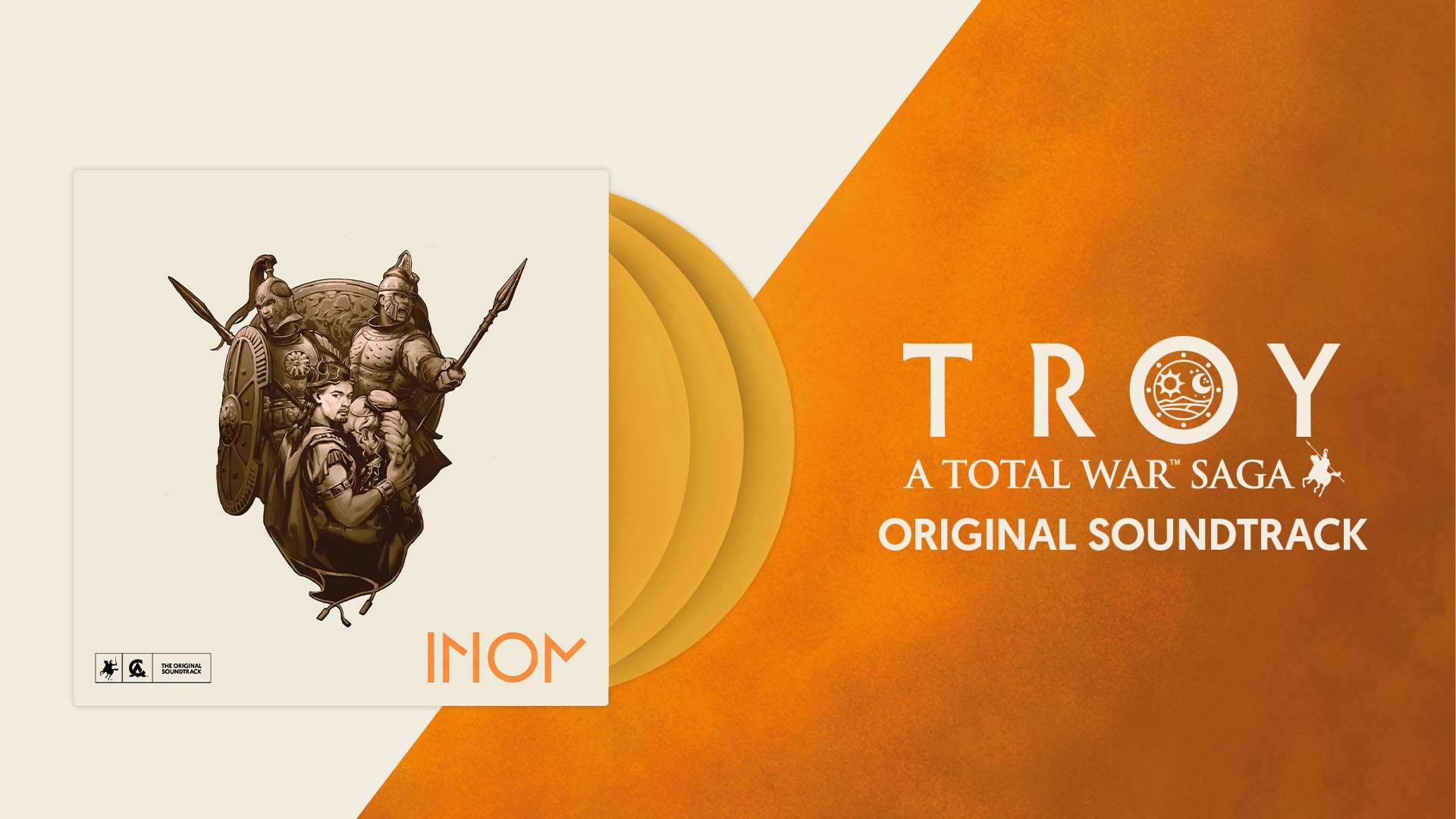

Now there are hundreds of recordings of Hildegard’s music, numerous biographies not to mention novels, popular histories, documentaries and websites hailing her as an early feminist and New Age guru.Īccounts written in Hildegard’s lifetime and just after describe an extraordinarily accomplished woman: a visionary, a prophet (she was known as “The Sibyl Of The Rhine”), a pioneer who wrote practical books on biology, botany, medicine, theology and the arts. And, in 1983, the success of A Feather On The Breath Of God, an album of her music, piqued people’s curiosity about the author of these sensual, vivid, lyrical songs. Interest in Hildegard started to grow around the 800th anniversary of her death in 1979, when Philip Pickett and his New London Consort gave possibly the first English performances of four of Hildegard’s songs.

The rediscovery of Hildegard of Bingen's music


 0 kommentar(er)
0 kommentar(er)
